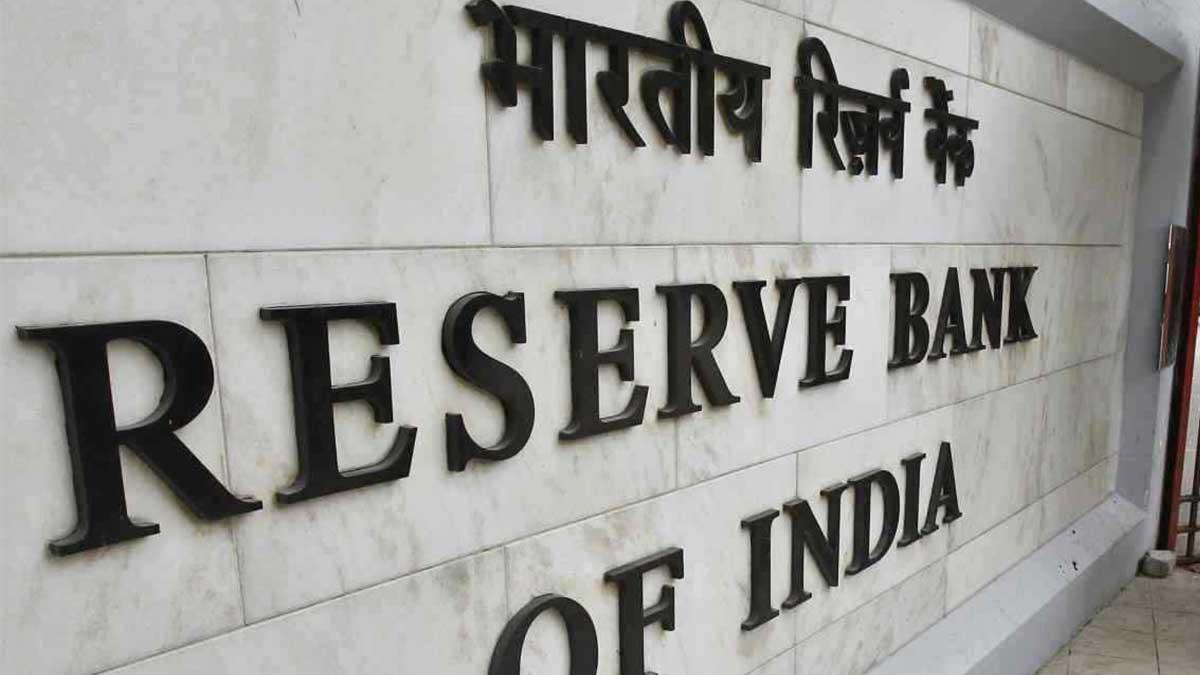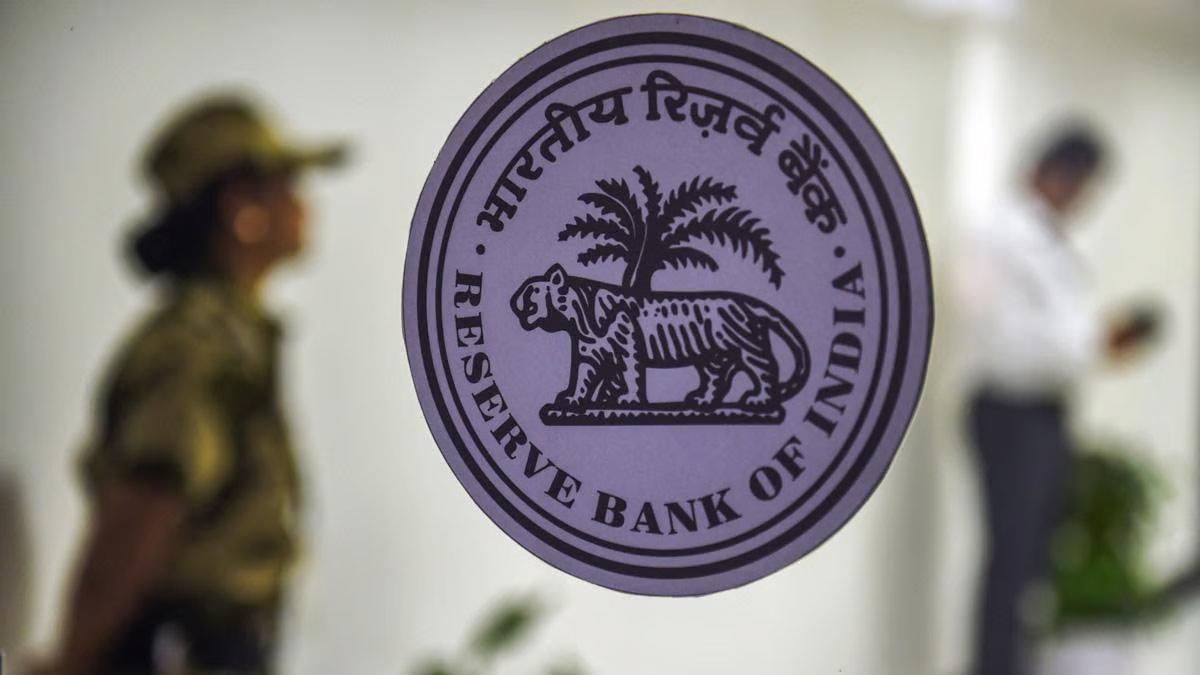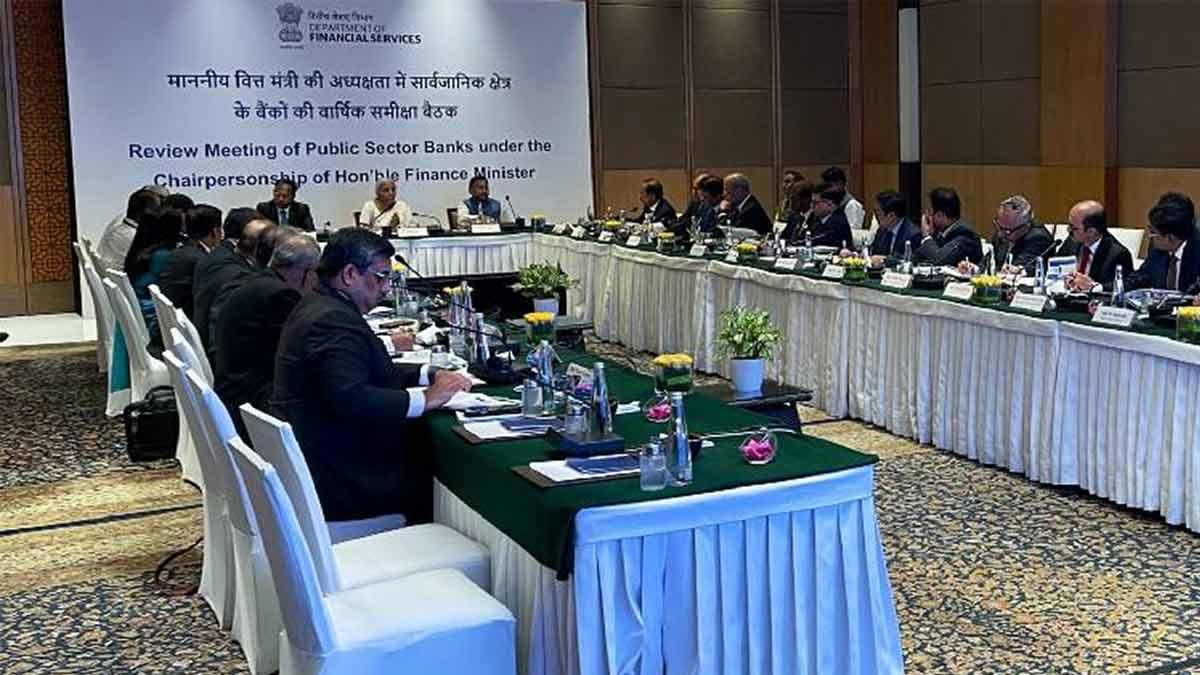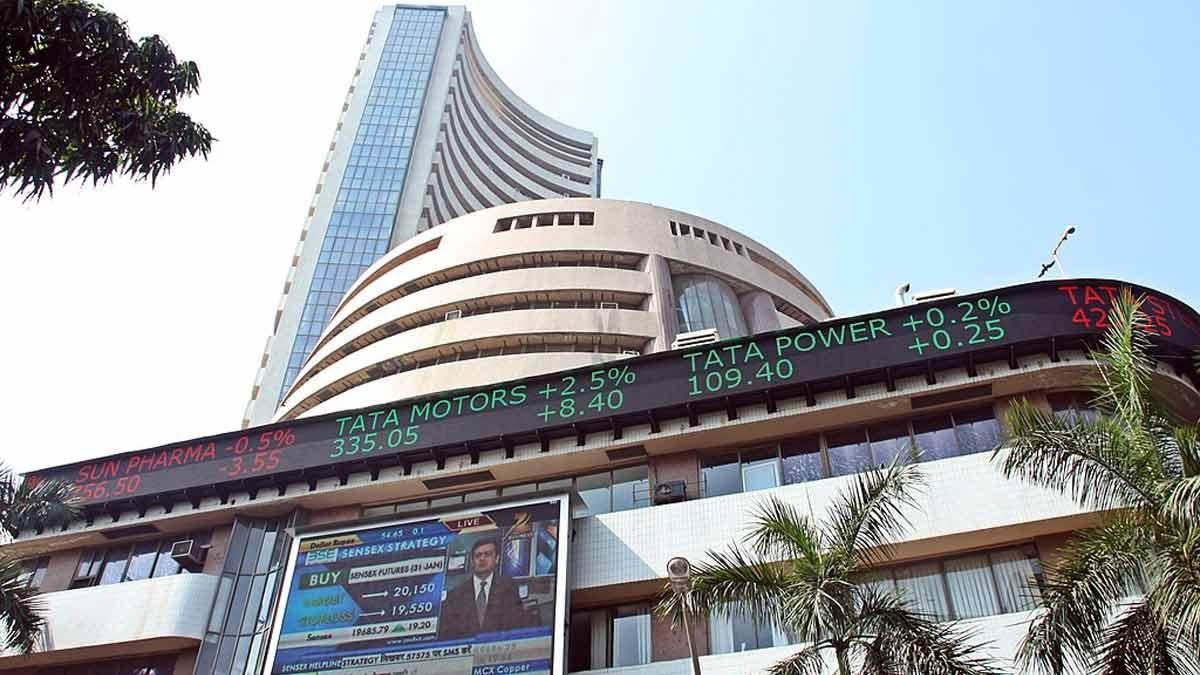The Reserve Bank of India (RBI) has recently issued new directives to banks, reinforcing the ongoing endeavors to minimize unclaimed deposits within the banking system, aiming to reunite these funds with their rightful owners or claimants.
Under the existing guidelines, any credit balance in a deposit account that remains dormant or unclaimed for a period of 10 years or more needs to be transferred by banks to the DEA Fund, managed by the RBI.
In its latest assessment, the RBI has decided to outline comprehensive guidelines for banks, encompassing various facets of categorizing accounts and deposits as inactive or unclaimed, periodic review protocols, fraud prevention measures, efficient grievance redressal mechanisms, steps for tracing customers of such accounts/deposits and their nominees/legal heirs, and procedures for reactivation, settlement, or closure of these accounts/deposits.
These revised instructions are set to take effect from April 1, 2024. Banks are mandated to contact holders of dormant accounts or unclaimed deposits through letters, emails, or SMS (provided the email and mobile number are registered with the bank) on a quarterly basis, as per the guidelines.
If the whereabouts of these account holders or depositors cannot be traced, banks are required to reach out to the introducer (if any) who facilitated the account's opening. Additionally, contacting the registered nominee is also part of the process for locating the customer.
To reactivate dormant accounts or unclaimed deposits, banks must provide facilities for KYC (Know Your Customer) updates at all branches and via Video-Customer Identification Process (V-CIP) upon the account holder's request, subject to the bank's provision of V-CIP services, while adhering to the specified KYC guidelines.
Furthermore, banks are instructed to publicly host details of unclaimed deposits (limited to name, address without pin code, and Unclaimed Deposit Reference Number - UDRN) transferred to the RBI's DEA Fund on their websites, updating this information at least monthly. Banks without websites should display this information in their branches. The hosted database will include a search option allowing the public to seek their unclaimed deposits by using the name in combination with the account holder/entity's address.
These directives reflect the RBI's commitment to facilitate the reclamation of dormant funds, ensuring a transparent and accessible process for individuals seeking to recover their unclaimed deposits held within the banking system.
(With Agency Inputs)
ALSO READ | 97.38% of Rs 2,000 Banknotes Returned to Circulation, RBI
ALSO READ | RBI Increases SBI, HDFC Bank Weight in 'Too Big to Fail' List


















